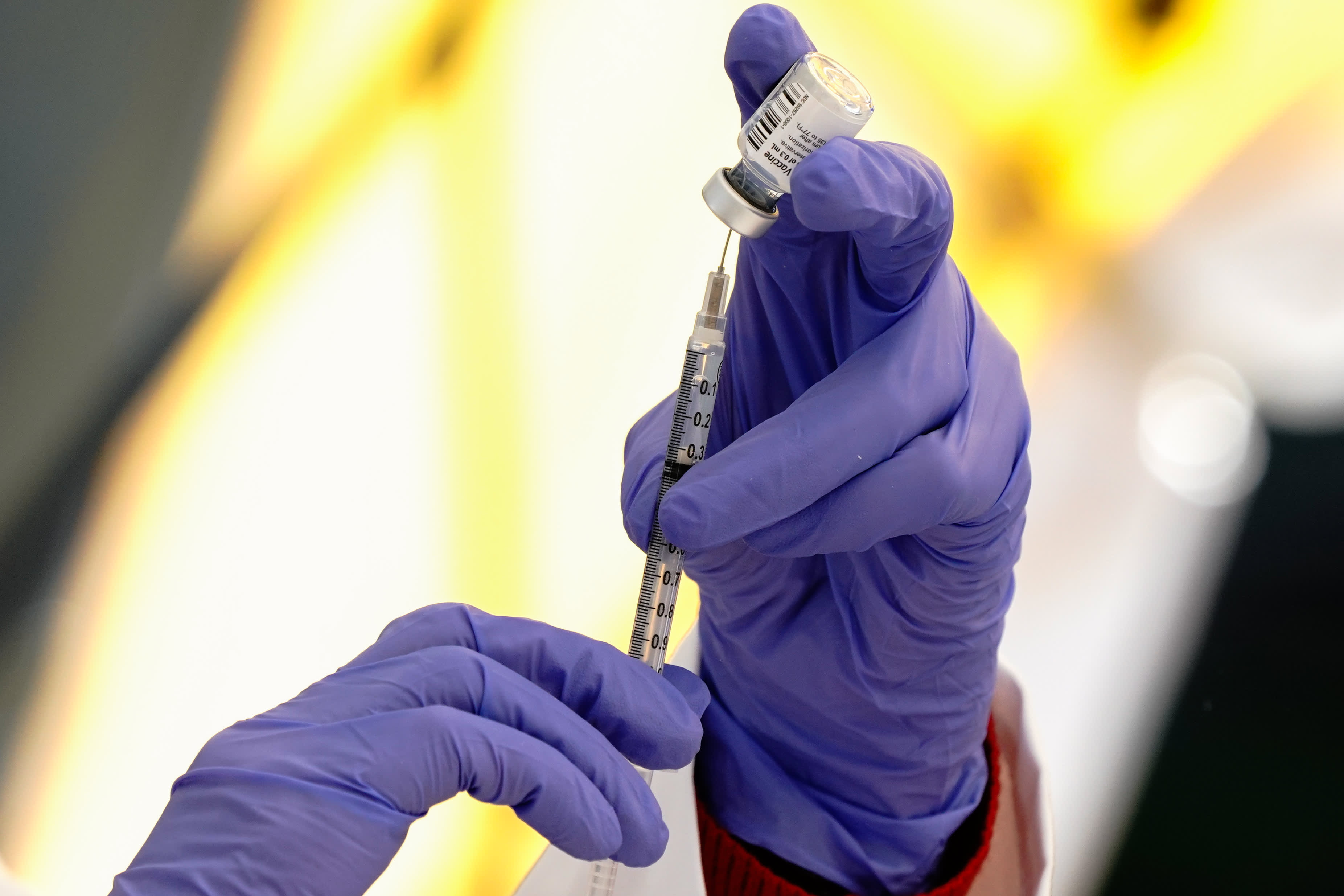
A pharmacist is preparing a dose of Pfizer-BioNTech Covid-19 vaccine at UCI Medical Center in Orange, California, USA, on Wednesday, December 16, 2020.
Bing Guan | Bloomberg | Getty Images
The global alliance, which aims to provide poor nations with coronavirus vaccines, said on Friday it has supply agreements to deliver nearly 2 billion doses and could begin delivering them in the first quarter once approved.
There are 190 countries and territories participating in COVAX, which is co-led by the World Health Organization, Gavi, the Vaccine Alliance and the Coalition for Epidemic Preparedness Innovation. The facility said it is able to secure doses through additional supply agreements with AstraZeneca and Johnson & Johnson.
COVAX said it plans to start initial deliveries in the first quarter of 2021 if the drugs are approved. There should be enough doses given in the first half of next year to protect health and welfare workers in the participating economies, the alliance said. COVAX plans to deliver at least 1.3 billion doses in 92 countries, all with low and medium incomes, participating in the facility until sometime next year.
“The arrival of vaccines gives us all a glimpse of the light at the end of the tunnel,” Dr. Tedros Adhanom Ghebreyesus, director general of the World Health Organization, said in a statement. “But we will really end the pandemic only if we end it everywhere at the same time, which means it is essential to vaccinate some people in all countries, rather than all people in some countries.”
Meanwhile, UNICEF said on Friday it would be able to deliver up to 850 tonnes of Covid-19 vaccines a month to middle- to low-income countries next year. Commercial airlines will be able to deliver the vaccines to almost all 92 countries participating in COVAX, UNICEF said in a statement.
The United Nations Children’s Fund is a United Nations agency that provides humanitarian assistance to children around the world. UNICEF will work with the Pan American Health Organization, or PAHO, to coordinate vaccine procurement and help deliver doses, according to Gavi.
The humanitarian organization said the shots would be shipped mainly through existing passenger and cargo flights, although some charter flights or alternative modes of transport will be needed for hard-to-reach countries.
However, the world’s poorest countries still face a $ 133 million budget for the distribution and storage of doses, UNICEF said. The airline’s deliveries would have an estimated cost of up to $ 70 million, according to the organization, which assessed global air transport capacity and transportation routes.
Countries will face additional challenges with the arrival of doses, UNICEF said.
Temperature requirements for developed vaccines vary and will require cold chain supply lines, trained medical staff and stronger information efforts, Henrietta Fore, executive director at UNICEF, said in a statement on Friday.
“This is a mammoth and historic undertaking,” Fore said in a statement. “The scale of the task is daunting, and the stakes have never been higher, but we are ready to accept that.”
UNICEF said it will need $ 410 million to help countries deliver vaccines and buy therapeutic drugs and diagnostic tools next year. Funding has been an issue for the COVAX facility, which faces a “very high” risk of failure due to lack of money, supply risks and complex contractual arrangements, according to a Reuters report on Wednesday, citing internal documents.